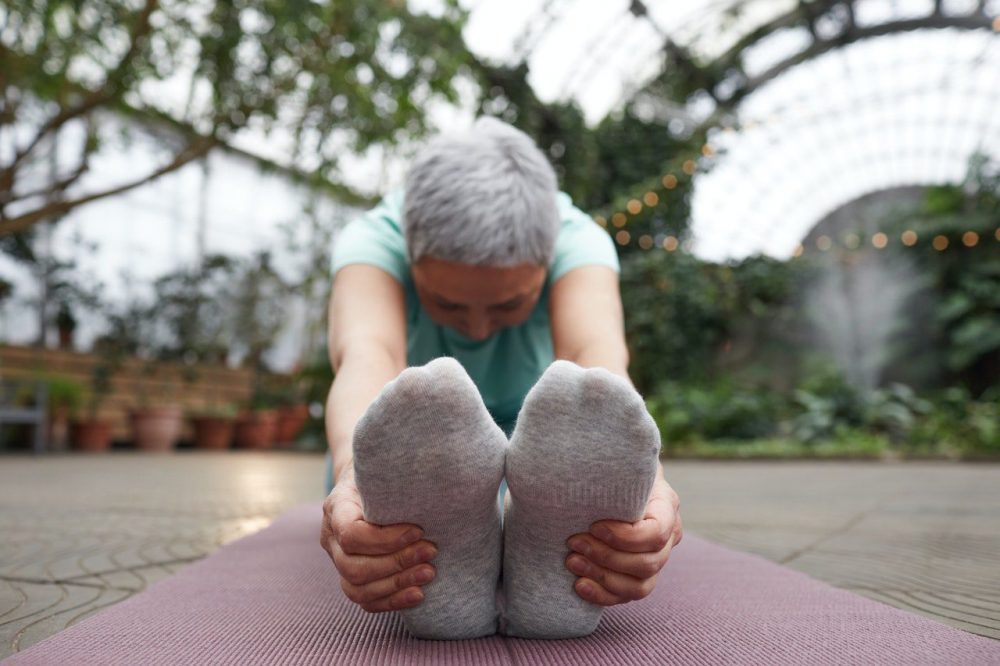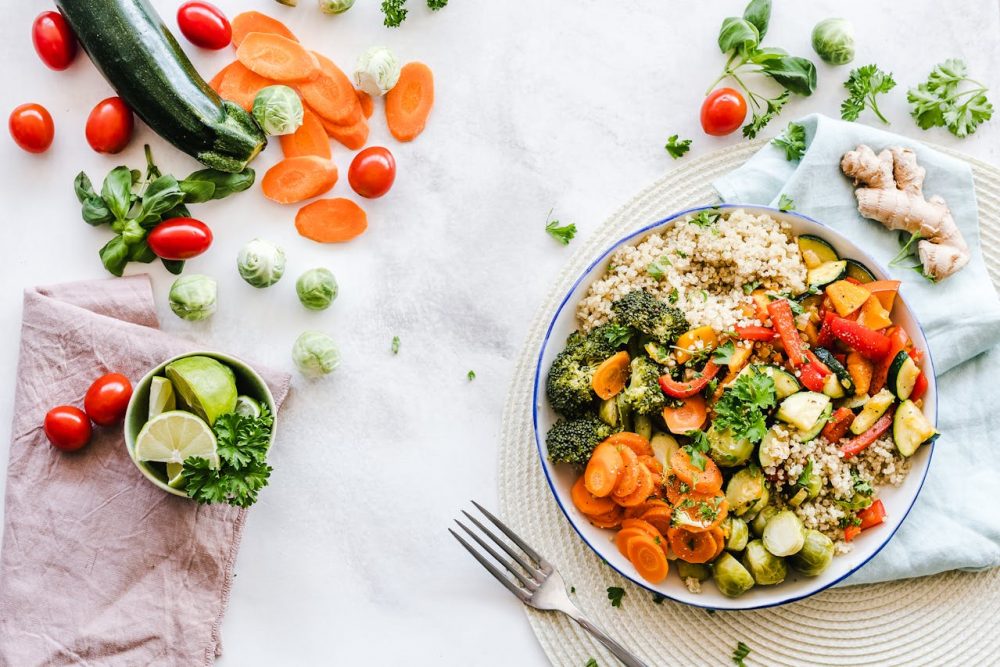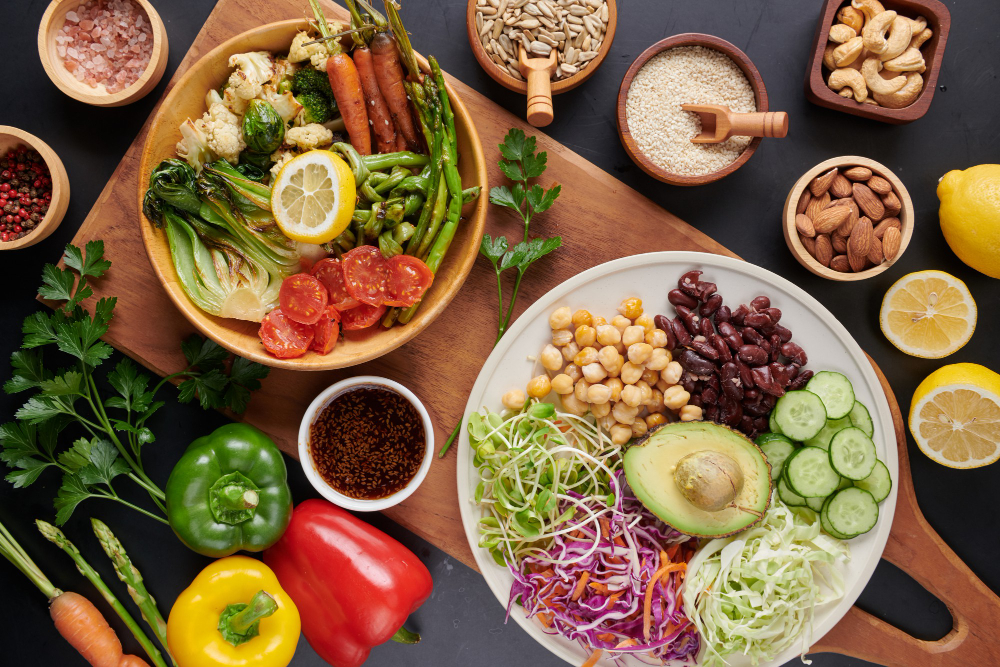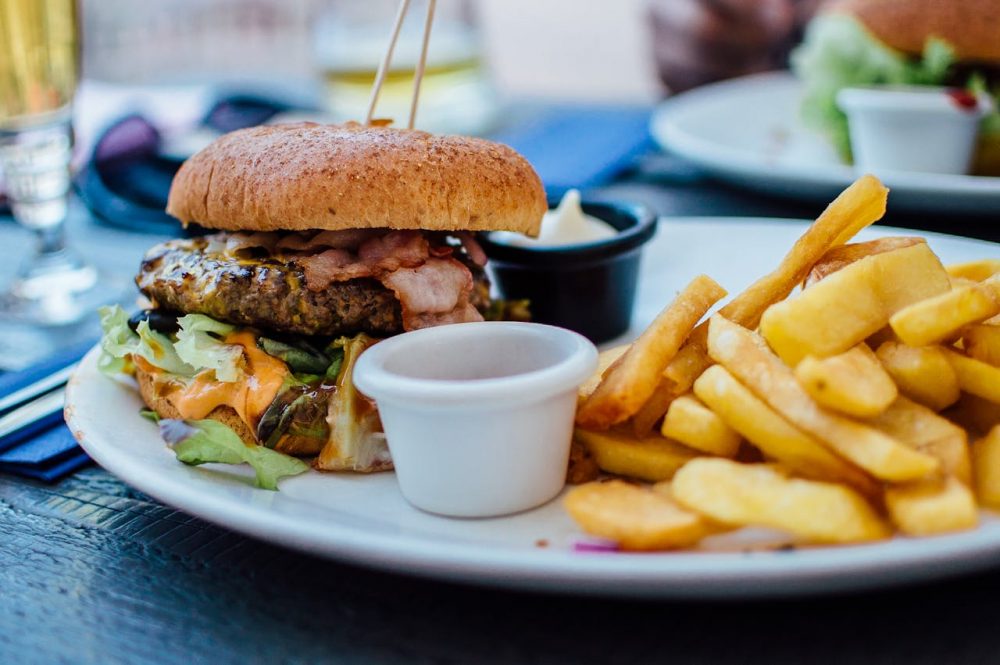London has seen the opening of not only vegan restaurants over the past two years but also a vegan pub, its first vegan doughnut shop, the introduction of a meatless "bleeding" burger, high street and fast food chains introducing vegan menus, and an entirely new street food scene devoted to "plant-based," meat-free, dairy-eschewing foods.
According to an annual ranking from an online restaurant guide, London is the city with the most vegan-friendly residents in the entire globe. According to HappyCow, which calls itself the most extensive vegan and vegetarian restaurant guide in the world and examines options in more than 180 countries, the U.K. capital came out on top for the second year in a row last year.

ByChloe/ London Eater | In 2022, for veggies, it’s often the vegan option or the door
Bangkok climbed into the top ten for the first time, joining other high-ranking cities like New York, Berlin, and Los Angeles, which came in at the 2, 3, and 4 spots respectively. Happy Cow uses several criteria to determine which cities are included:
- The number of vegan eateries within a five-mile radius of the neighborhood with the highest concentration of vegan eateries
- The number of eateries providing both vegan and vegetarian menu options within the same 5-mile radius
- An assessment of a city's general vegan friendliness by HappyCow.
Veganism in the UK
In the UK, consumers are becoming more interested in cutting back on their meat intake. Due to this, many meat eaters have switched to a vegetarian, vegan, or flexitarian diet. These dietary options are so well-liked that only 66% of UK customers say their diet "follows no nutrition norms," although many other consumers have cut back on meat in one way or another.

Tredwells/ London | By 2020, the plant-based diet had gone from being a relatively niche lifestyle choice
According to the Vegan Society, the rise in veganism in Britain from approximately 150,000 people ten years ago to at least 542,000 last year has sparked the current trend. Retailers are also embracing the trend; according to Mintel's new goods database, the number of vegan food products in the UK nearly doubled between 2013 and 2017. Additionally, according to Mintel research, 42% of UK customers who consume meat-free foods prefer that they be "plant-based" rather than including dairy or eggs.
Three percent of people declared themselves to be vegan. Vegans don't eat any foods or components with animal byproducts. Younger consumers are far more likely than older customers to advocate for not eating any meat. Thus, consumption of meat-free cuisine will be even more significant in the British market in the next years. The UK market for meat substitutes is already worth over 500 million euros, making it the largest in Europe.
Health advantages
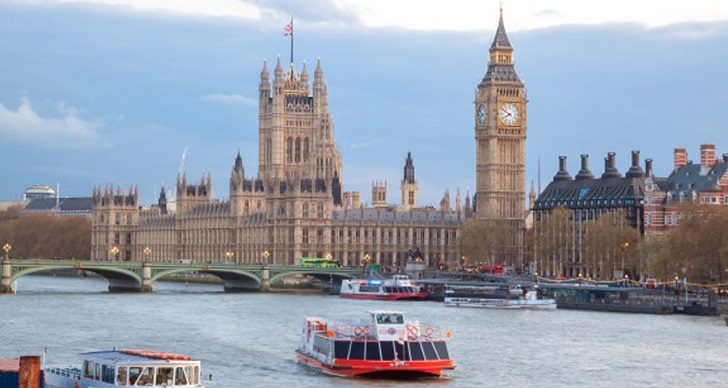
Meenaksh/ Pixabay | Vegan food is a marketable product, and you can put a hell of a mark-up on it
Healthy vegetarian and vegan diets may offer some notable health advantages. Because they have lower cholesterol and higher amounts of healthy grains and nuts, so they are cardioprotective. While more research is needed before we can firmly claim that vegan diets are cancer-protective, recent studies have also linked bowel cancer to diets high in red and processed meat.
However, we do know that fiber and legume consumption is thought to have cancer-preventive characteristics. Sadly, eating vegan is frequently perceived as being challenging or expensive. Perhaps as a result, vegans in the west tend to be rich, educated young women. This implies that a large number of people who may profit from a vegan diet are missing out. Being widely known, for instance, poorer socioeconomic classes in developed nations have greater rates of cardiovascular disease mortality.

